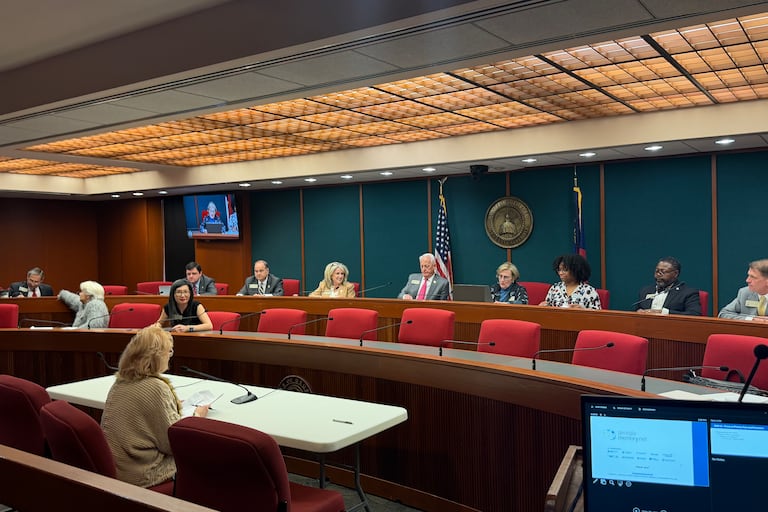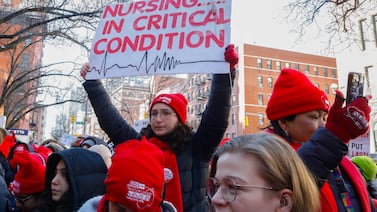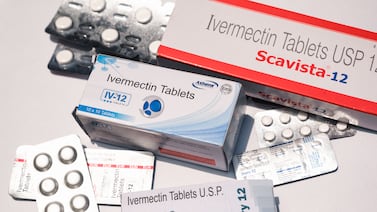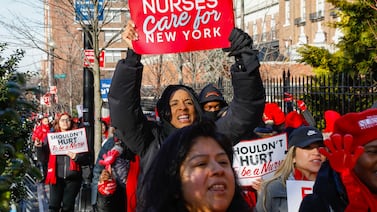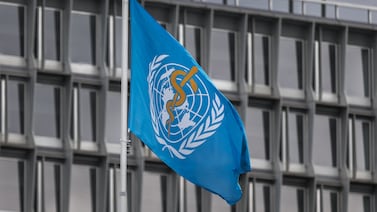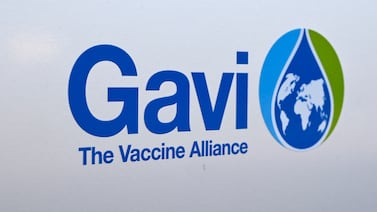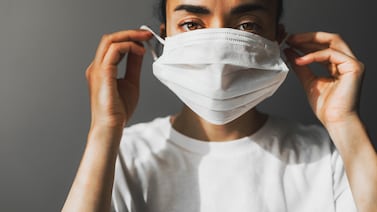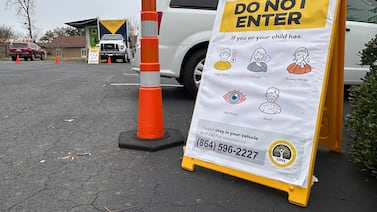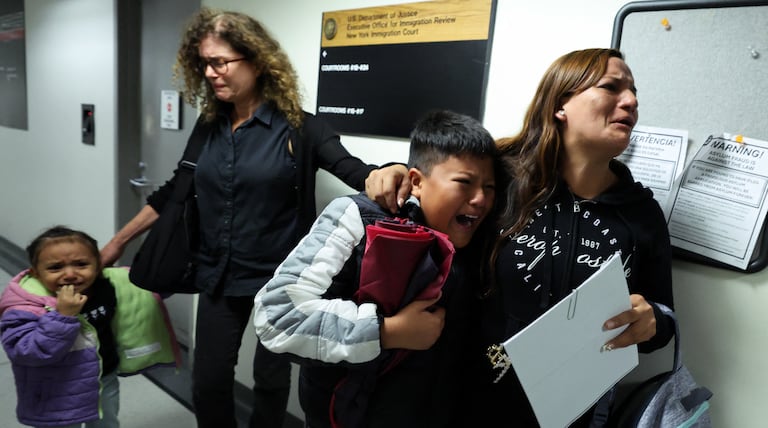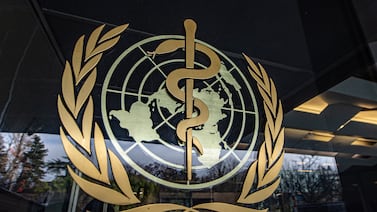A legislative committee has proposed five recommendations aimed at reconfiguring the state's public health structure. Increasing state funding isn't one of them.
The proposal would make it easier for internationally trained physicians to practice in Georgia as hospitals and clinics face growing workforce gaps.
Many of the parents polled cited the belief that it would help improve their children’s academic focus, in-person socializing, and mental and physical health.
A high number of callers to the 988 crisis line in Georgia hang up or disconnect before reaching a counselor. Many other calls are transferred out of state.
Healthbeat Atlanta reporter Rebecca Grapevine became a health journalist after working abroad in a clinic, then back home. Here's what she learned.
The development unfolded hours after more than 50 nurses delivered a petition to the union headquarters demanding an investigation into top union leadership over claims that leaders are forcing a vote on a tentative deal that rank-and-file representatives rejected.
The toll could climb even higher if funding continues to drop. Here’s how some philanthropies see their role in this moment.
A legislative committee has proposed five recommendations aimed at reconfiguring the state's public health structure. Increasing state funding isn't one of them.
The tentative deal with the last of the three hospital systems where nurses have been on strike since Jan. 12 will likely put an end to the work stoppage that involved 15,000 people.
Also in Healthbeat's new weekly report: Beware of those ads for 'early detection' blood tests and a look at two public health legacies.
In addition to the hundreds of people in quarantine or isolation for measles, there are likely many more who are unaware they’ve been exposed during the normal course of their lives: Going to work, school, and church, shopping for groceries, dining out.
The drug has become a symbol of resistance against the medical establishment among MAHA adherents and conservatives.
The strike, which began on Jan. 12, is the longest and largest of its kind in New York City history.
PHS doctors and nurses are being deployed to Guantánamo and other detention centers as Donald Trump escalates mass immigration arrests. Some have resigned in protest. Others offer a rare look into bleak conditions.
The network aims to rapidly detect and respond to public health threats and emergencies. The different entities receive direct access to early-warning alerts and outbreak intelligence, along with training and exercises.
The proposal would make it easier for internationally trained physicians to practice in Georgia as hospitals and clinics face growing workforce gaps.
The Trump administration has told the global vaccine group Gavi to phase out shots containing thimerosal as a condition of funding. The preservative is at the center of conspiracy theories, but any link to autism has been debunked.
Prisma Health’s announcement came two days after Healthbeat revealed measles exposures in the labor and delivery unit at Prisma Health Greer Memorial Hospital and in the emergency department of Prisma Health Greenville Memorial Hospital.
Dr. Alister Martin is an untraditional pick to lead the 7,000-employee health department, with a background more in medicine and advocacy than public health.
Two-thirds of the American public say they are somewhat or very worried about affording health care. Here are five ways to find affordable care without insurance.
Healthbeat exclusive: ‘Highly concerning’ measles exposure at hospital maternity unit plus exposures at BMW plant and Kentucky youth conference are among new details.
In a Healthbeat interview, the commissioner shares his perspective on issues like looming cuts to Medicaid, a new public health alliance in the Northeast, how global health affects New York, and how the CDC is “forever changed” in this era he calls the “Great Desensitivation.”
Reports of ICE raids and deportations don’t just affect the individuals directly targeted. They ripple outward, with real consequences for community health and well-being.
Many of the parents polled cited the belief that it would help improve their children’s academic focus, in-person socializing, and mental and physical health.
A global health expert said that with this move, the United States has 'made itself much more vulnerable to disaster and devastation when the next epidemic or pandemic hits.'

